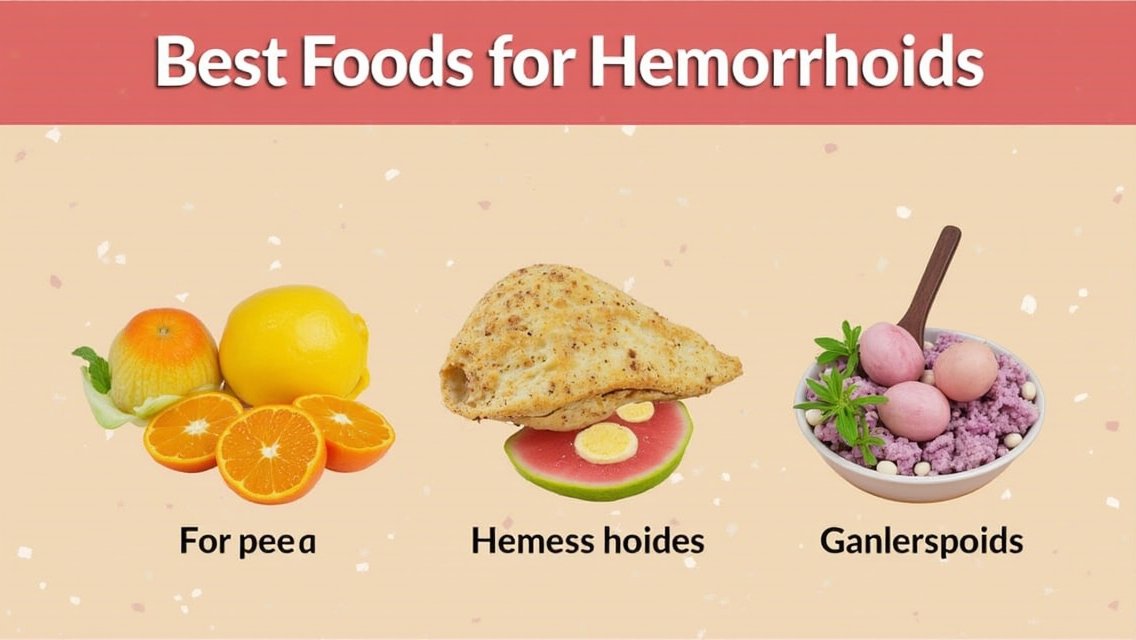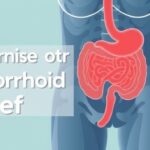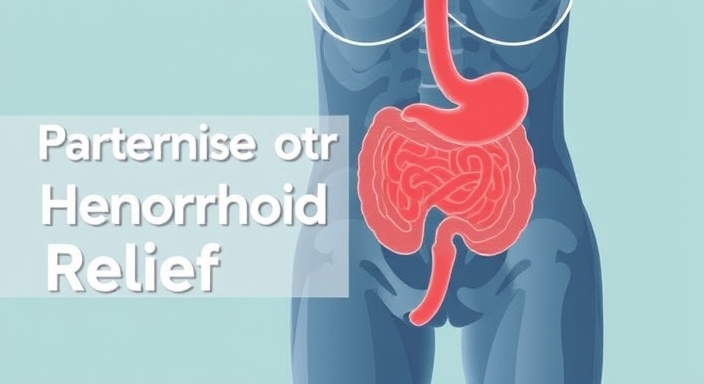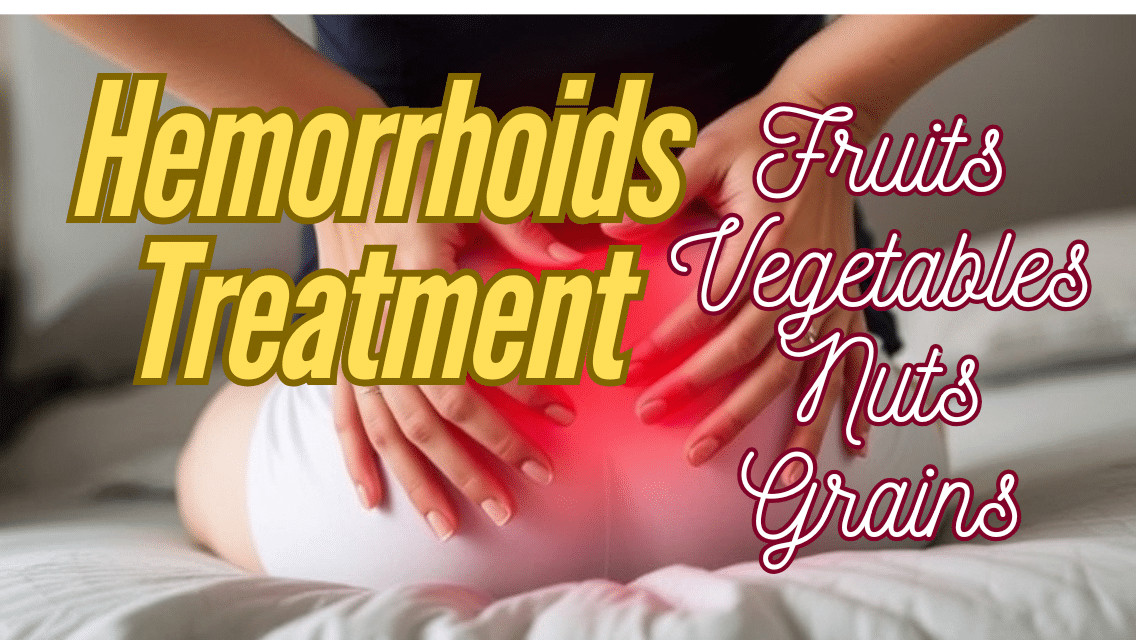Now you may be aware that hemorrhoids treatment requires best foods for hemorrhoids
If you are suffering from hemorrhoids it is the advisable time for you to consider to take best foods for hemorrhoids. Yes, if you are suffering from hemorrhoids you want to find solution by yourself. But it is always advisable to consult a doctor and have a good hemorrhoids treatment for cure. By the way, you can also control hemorrhoids by choosing best foods for hemorrhoids and following with good eating habits. There are foods that support in reducing hemorrhoids. In this article you will find best food for hemorrhoids that supports relief from bleeding and pain.
While you eat best foods in your life you must be vigilant to know how far foods control your hemorrhoids. For avoid hemorrhoids you must avoid foods that contradict with hemorrhoids. There are best foods for hemorrhoids that can cure your piles in days and at the same time there foods that can increase hemorrhoids bleeding from outside and inside. If you want to stop bleeding hemorrhoids you need to avoid consuming certain types of foods.
What is Hemorrhoids?
Hemorrhoids are swollen veins in the lower rectum and anus, similar to varicose veins. They can cause discomfort, itching, pain, and sometimes bleeding, especially during bowel movements. Hemorrhoids can be internal, located inside the rectum, or external, forming under the skin around the anus.
They are often caused by straining during bowel movements, chronic constipation, or sitting for extended periods.
Best Foods for Hemorrhoids Treatment
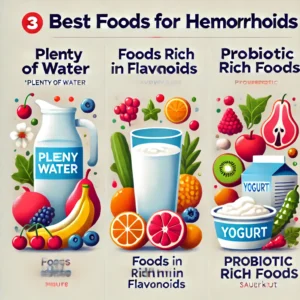
You must go for best foods for hemorrhoids because they can, certainly, help managing or preventing hemorrhoids by promoting healthy digestion and reducing constipation, which is a major contributor to hemorrhoid development.
- High-fiber foods help soften stool and promote regular bowel movements, reducing straining.
Whole grains (oats, brown rice, whole wheat bread)
Fruits (apples, pears, berries, prunes)
Vegetables (broccoli, spinach, carrots)
Legumes (beans, lentils, chickpeas)
- Plenty of water helps keep stools soft and easier to pass, which reduces the risk of hemorrhoid irritation.
- Foods rich in flavonoids like oranges, lemons, and grapefruits, as well as dark leafy greens, can strengthen veins and reduce inflammation.
- Probiotic-rich foods like yogurt, kefir, and fermented foods can improve gut health and aid digestion.
Avoid low-fiber foods, processed foods, and those that cause constipation, as they can worsen hemorrhoid symptoms.
Foods That We Need to Avoid for Hemorrhoids

For individuals dealing with hemorrhoids, it’s important to avoid certain foods that can worsen the condition by causing constipation or straining during bowel movements. Always eat best foods for hemorrhoids.
Low-fiber foods: Processed foods like white bread, pastries, and other refined carbohydrates can contribute to constipation and worsen hemorrhoids.
Spicy foods: Spicy meals can irritate the digestive system and cause discomfort during bowel movements, exacerbating hemorrhoid symptoms.
Dairy products: Excessive consumption of cheese, milk, and other dairy items may lead to harder stools, increasing the risk of straining.
Red meat: Red meat is harder to digest and can slow down bowel movements, potentially leading to constipation.
Caffeinated beverages and alcohol: Both caffeine and alcohol can dehydrate the body, leading to harder stools and increased discomfort from hemorrhoids.
Sticking to a high-fiber diet with plenty of water is key to preventing flare-ups and easing symptoms.
Conclusion
A balanced diet is rich in fiber in managing and preventing hemorrhoids. Best Foods for Hemorrhoids are grains, fruits, vegetables, and legumes to soften stools and ease bowel movements, reducing strain on hemorrhoids. Staying well-hydrated also supports healthy digestion and prevents constipation. Avoid processed and low-fiber foods that can aggravate symptoms. Incorporating best food for hemorrhoids dietary changes can provide long-term relief and improve overall digestive health.
